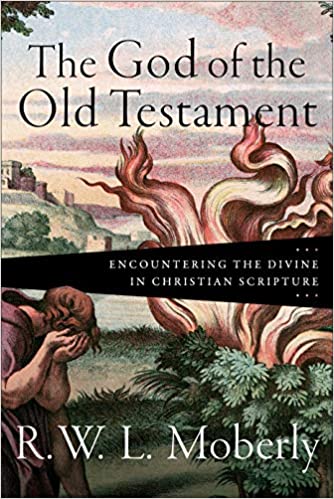Q. On p. 153 you enunciate a principle of how to read the OT which in fact I have stressed throughout my treatment of such things in my Biblical Theology volume. You say, “The OT does not address the issue of eternal destiny (however much its content may be open to being developed in such terms) but rather is concerned with the relationship with God and the purpose of life in this world.” The only caveat I would have to this remark is that in the exilic and post exilic literature such as 2nd and 3rd Isaiah and Daniel we do begin to have evidence of a belief in a positive and negative afterlife, but overwhelmingly you are right about the focus of the OT on this world and this life and interaction with God. This means to me that much of the reading of later Christian ideas etc. back into the OT does a severe injustice to the OT. I say let the OT be the OT and don’t turn it into a Christian allegory, much less turn OT characters into Christians. BUT, at the same time there is a basis for considering developments and trajectories into the later Christian ideas, for example by means of typology. Here however is the question— if the God of the OT is the same as the God of the NT, just not fully revealed in the OT, how do we avoid seeing Jesus and the NT portrayal of God as not in some ways a corrective of the image of God in the OT?
A. Although there is a place for typology, I’m more inclined to see the developments into specifically Christian ideas in terms of a deepening, and sometimes reframing/reshaping, of the subject matter. I think I develop this most fully in my Prophecy and Discernment, where I try to show how basic criteria for discerning whether or not someone’s claim to speak for God should be credited are set out in the OT. I then argue that the NT takes these as read, and works with them, yet simultaneously reshapes them into a more christocentric pattern (given particular focus by self-giving death and resurrection) than is found in the OT. So the issue is less “correcting” than “deepening” – or, in Matthean terms, not “abolishing” but “fulfilling”. But here too there is much more that could be said…













